Playing hockey is a way of life for thousands of sports fans throughout the country, nowhere more so than in the northern states and Canada, where hockey is the national winter sport (lacrosse holds the summer sport title).
People in areas routinely hit with six months of winter will soon find ways to entertain themselves, and hockey is the top outdoor winter sport. The appeal might involve the relentless action, perhaps visions of a smooth sheet of shimmering ice after the Zamboni makes its rounds. Maybe it’s the sound of skates slicing over the ice, hockey sticks and players colliding. Sparks flying from a skate sharpener on the sidelines. The sheer skill required to remain upright on a slippery surface while chasing the hockey puck. And the mighty roar of the crowd when a player blasts that puck past the goalie for a score.
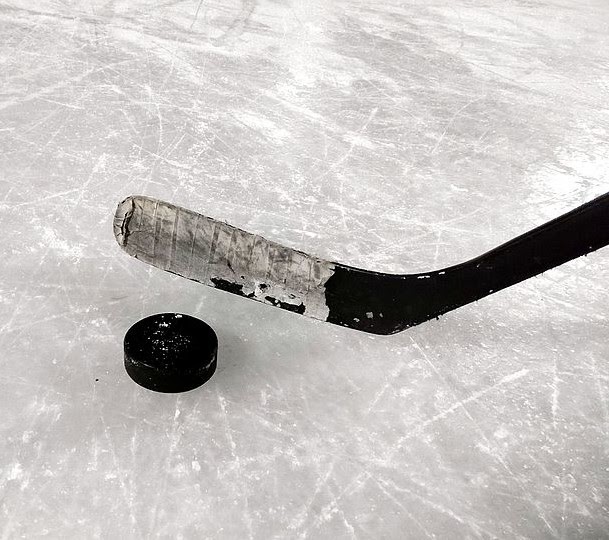
It takes a skilled hockey coach to keep the team moving like a well-oiled machine.
According to USA Hockey, the sport’s premiere professional organization, there are 5 attributes of a great coach. While knowledge of the game, ability to demonstrate drills and organizational skills are vital, these traits elevate the best from the rest:
- Humility
Everyone wants to win, but skill development and team improvement come first. With those in place, victories will follow.
- Compassion
Great coaches know their players on and off the ice. When a coach listens and respects players, they will do the same.
- Communication
All the technical knowledge available about hockey has no value unless a coach can communicate that information so every player on the team can process and absorb the knowledge.
- Passion
Though it may seem obvious that love for a sport is essential to a coach’s success, it bears repeating that passion is contagious and will spread to every player on the team when it begins with the coach.
- Leadership
Great coaches motivate their teams to reach their goals. They have an organized plan and the commitment to see it through.
You can bring a love of hockey to a new generation of players by becoming a coach. Get ready to leap off the bench and into a leadership role. In this article you’ll learn:
- How much money you can make as a hockey coach
- The required training and certifications
- Professional groups to join
- Employment Opportunities
- Finding players as a private coach or owner of a training camp
- Plus helpful tips for hockey coaches
How much money can you make?
Private hockey instructors can charge anywhere from $30 to over $100 for one-on-one lessons. The price varies by location, skill level and the coach’s experience.
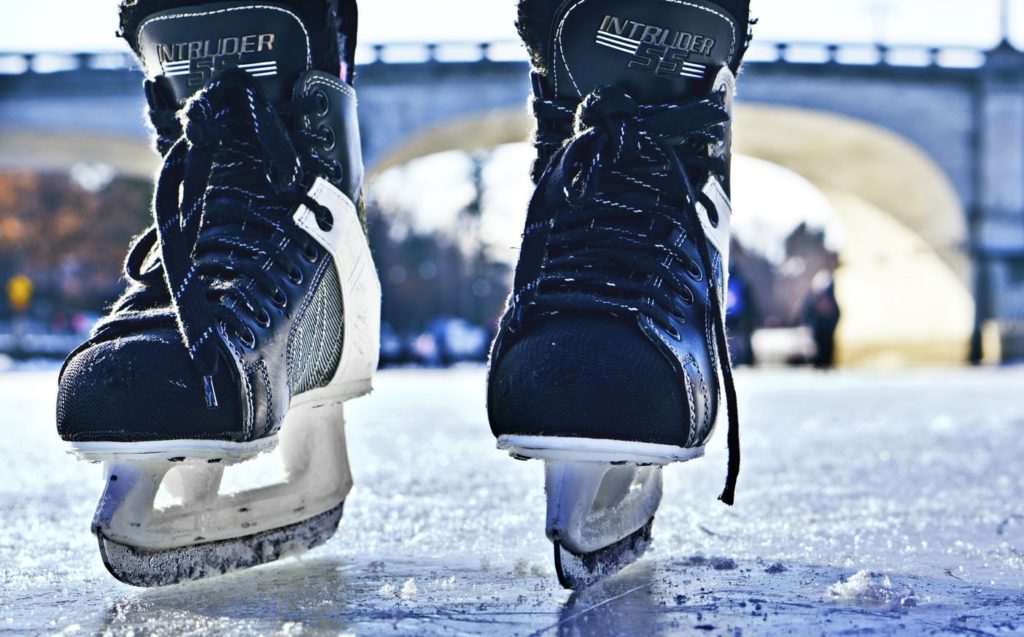
Coaches of National Hockey League teams get paid the most of anyone in the sport, with the exception of some NHL players.
When Toronto Maple Leafs head coach Mike Babcock stepped down, he was making $6.25 million per season as the league’s highest-paid coach. Seven-figure salaries are common for NHL coaches. The league’s assistant coaches are paid $150,000 to $200,000 a year.
College hockey coaches at the top of the pay scale average $373,000 per year, according to an NCAA Division I Revenue and Expenses Report.
Many high school hockey coaching positions are either voluntary or offer a small stipend as compensation. The average salary for high school coaches is just under $34,000 annually, according to the US Bureau of Labor Statistics.
Training and Certification
Joining USA Hockey is the first step in becoming a certified coach. There’s a fee of $46 to join for a one-year membership.
Next, you’ll complete a background screening and the USA Hockey Safe Sport Training program. You must be recertified annually in the safety program.
Now it’s time to take courses, which are available online. USA Hockey offers several course modules tailored to coaches leading teams at different age levels. Each module costs $10.
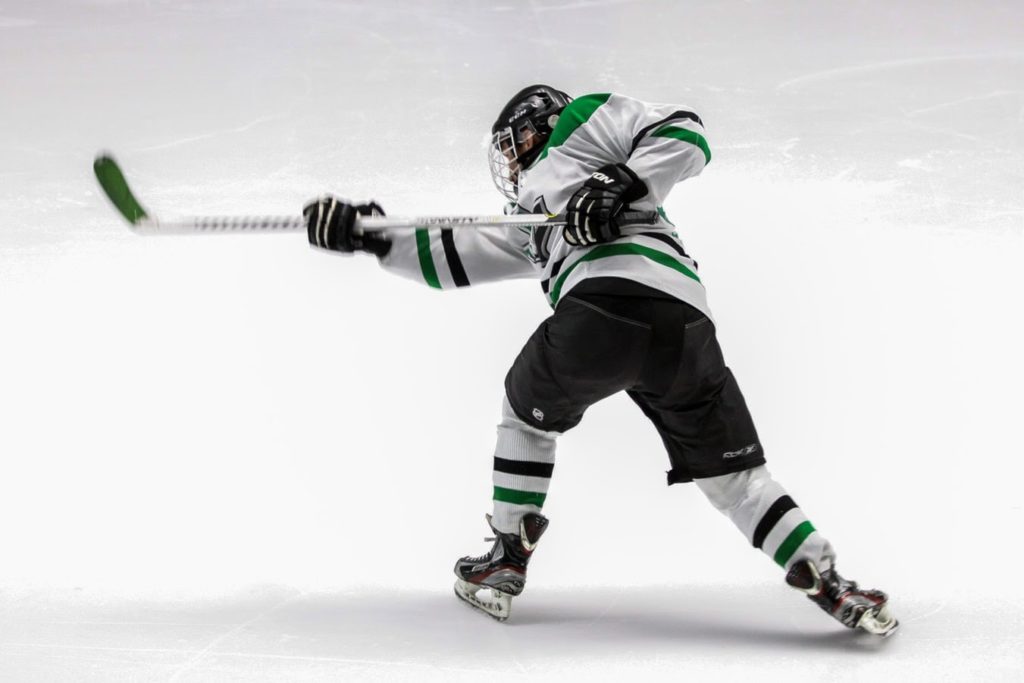
The next step is to earn your Coaching Education Program Certification. This involves in-person training. You can find a clinic scheduled near you and register here. The cost is $45. All coaches start at Level 1. The coaching clinic season for Levels 1-3 runs annually from Sept. 1 to Dec. 31.
During your training you’ll learn how to develop the agenda for each practice session as well as a timed schedule for completing all activities during the session. Hockey drills and skill development are core parts of your training, as well as learning to interact with players, especially how to motivate and inspire your team.
Planning shift rotation is another vital skill to develop. Players are typically on the ice for just 30-45 seconds before rotating off to the bench. One of the most important talents a hockey coach can develop is staying on top of who needs to come off the ice for a break and who’s ready to skate again.
The organization Hockey Canada maintains a website of proven training drills and exercises for hockey practice. This will give you an idea of what your own coach training will involve as you learn how to lead players.
Here’s another video demonstrating common drills during a hockey practice session.
Professional Groups to Join
Again, USA Hockey is the premiere professional organization, both for certifying coaches and rallying members around a common goal of promoting the sport. Membership comes with a wealth of benefits, including ongoing training opportunities, learning new drills for hockey practice, networking with other members and automation enrollment in the association’s liability insurance program.
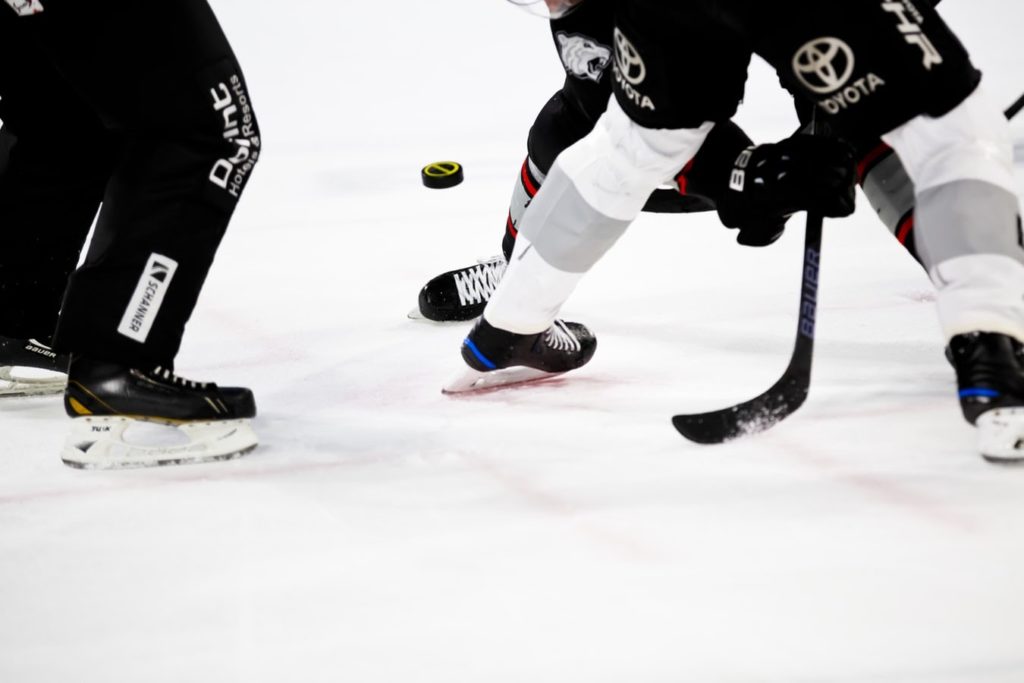
The American Hockey Coaches Association (AHCA) is mainly for college coaches. This organization is affiliated with the NCAA. Annual dues for Division I men’s and women’s programs are $415. Division II-III schools pay $270 per program. One nice aspect of membership is the annual dues cover all hockey coaches in a school’s program, not just the head coach or any single assistant.
Joining either or both of these organizations shows a commitment to professional development and will often give you a competitive advantage in the job market.
Employment
The AHCA maintains a job board where you can search for hockey coaching opportunities.
Membership in professional organizations also gives you access to working professionals who may know of job openings that have not yet been advertised.
Don’t forget to run searches on popular online job boards, including ZipRecruiter, Indeed and SimplyHired.
Anywhere there’s an ice rink you’re likely to find youth and community hockey leagues that could be in need of a coach or assistant. This is a great way to break into the coaching profession or gain some direct experience while training to become a hockey coach.
Finding Clients
If you want to run your own hockey camp, the first thing to do is get listed on the current directory of camps maintained by USA Hockey. Players and parents of younger hockey enthusiasts use this resource to locate quality camps. Yours should be listed on there, too.
Your business website should link to all social media posts. On sites such as Facebook and Twitter, post photos and short video clips of players having a good time. Marketing studies show people are more likely to engage with video clips than any other content you can post on social media platforms.
Good to Know:
You can boost repeat business for private coaching and help ensure a steady stream of clients by offering discount packages for multiple sessions.
Be candid with clients, explaining to them that they are not likely to see huge improvements after only 1 or 2 private lessons.
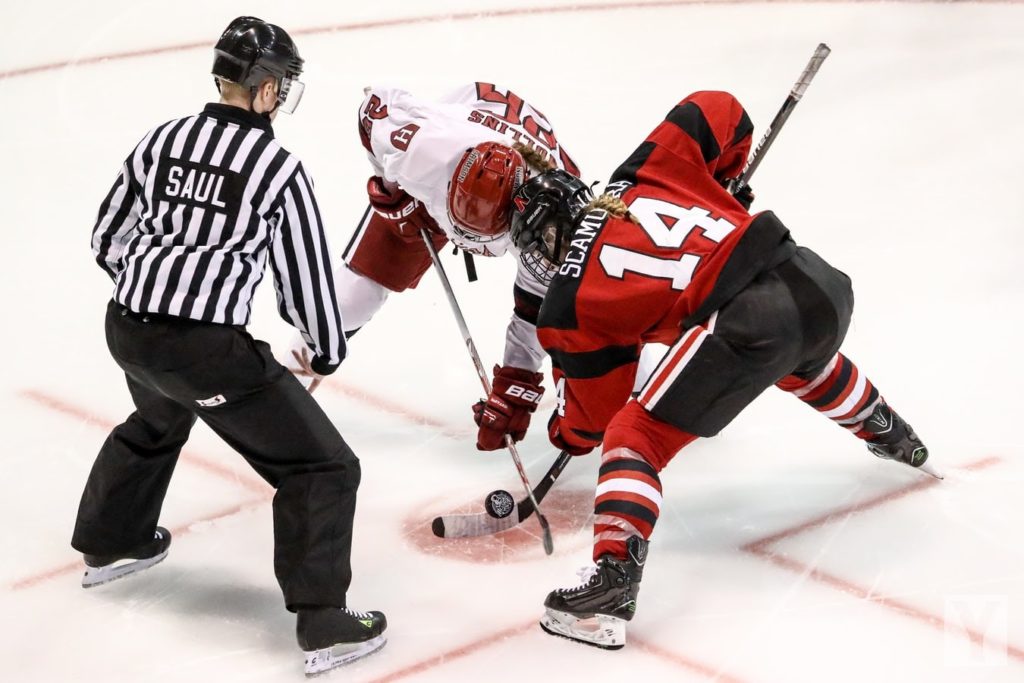
Buy liability insurance. How much coverage you need depends on factors such as your net worth and the value of your business. Some professional organizations may include liability coverage as a benefit of membership. Only you can decide if the coverage amount is sufficient. Liability insurance is important because in all sports injuries can happen, though especially in hockey, and you could potentially be blamed, unfairly or not.
USA Hockey and other organizations devoted to the sport offer some common tips to help new coaches develop fast and win consistently. You can print it out and attach to your clipboard for quick reference during practice or games:
- Set goals and communicate them so every team member understands the mission.
- Be prepared. Use your goals to plan the season in practice sessions and games.
- Bring a positive attitude to the ice. Players will respect you and want to meet your expectations for them.
- Give positive reinforcement. Praise the things players are doing right.
- Motivate. You do this by fostering a fun playing environment and praising players’ accomplishments. Motivation comes from within your players. Your praise motivates them to excel.
- Promote team pride. This will enhance your reputation with your team, their fans and even your opposition.
- Project confidence. When the team sees that you know what you’re doing and you’re doing it successfully, they will follow you anywhere.
- Plan great practice sessions. Everyone gets to play. All are learning. Each player is having fun.
- Safety is vital. Your team members can get hurt playing hockey. It’s a reality of the sport and perhaps even part of its allure. There are risks. So know your players’ medical conditions. Check and replace faulty or damaged equipment. Know emergency first aid.
- Be respectful. This applies to everyone – players, fans, opposing teams. How you respond to a situation sets the tone everyone on the team will follow.
- Be challenging. The only way anyone gets better at anything is by working hard to reach the next level. Let your players’ current skill sets be your guide as to where and how fast you should progress.
If you enjoyed this article, check out some other PocketSuite.io content that can help you grow your career as a hockey coach. Here’s a great place to start.
PocketSuite has thousands of business owners who all started where you are right now. Our community is always happy to help you ramp up, grow your client base, and achieve your income goals, both within the PocketSuite app and as part of our exclusive Facebook Community Group. PocketSuite’s vision is for any professional to be able to work for themselves and make a great living. It starts here. It starts with you. It starts today. Let’s get started, download PocketSuite now! Feel free to reach out with any questions (we’d love to hear from you)! Text us @ (415) 841-2300.





